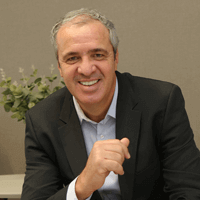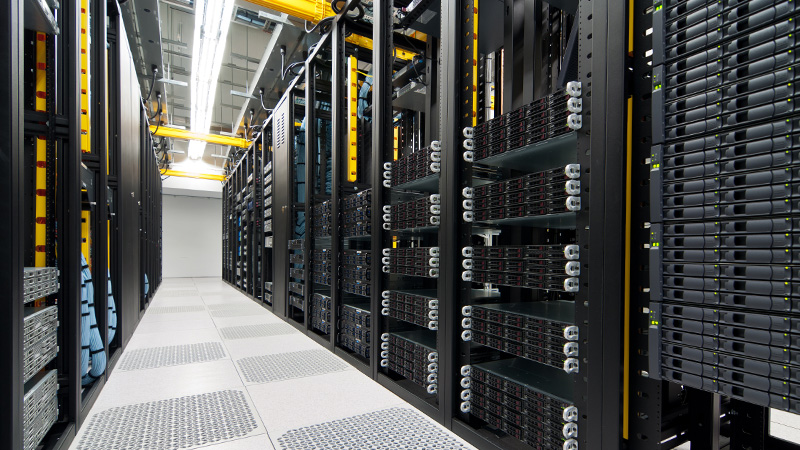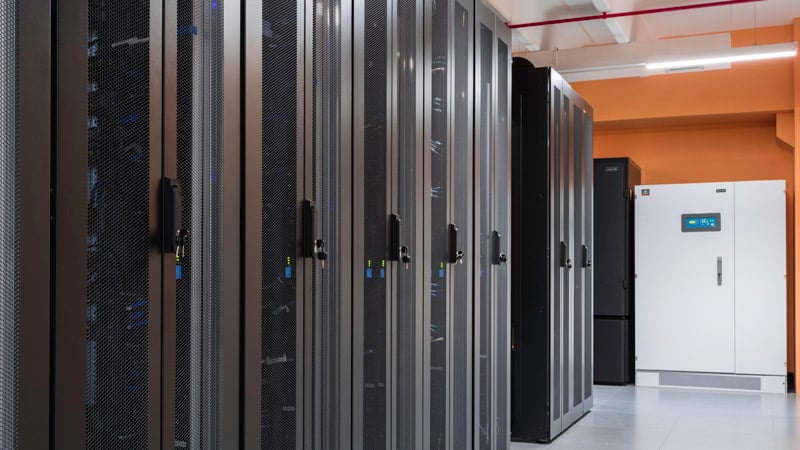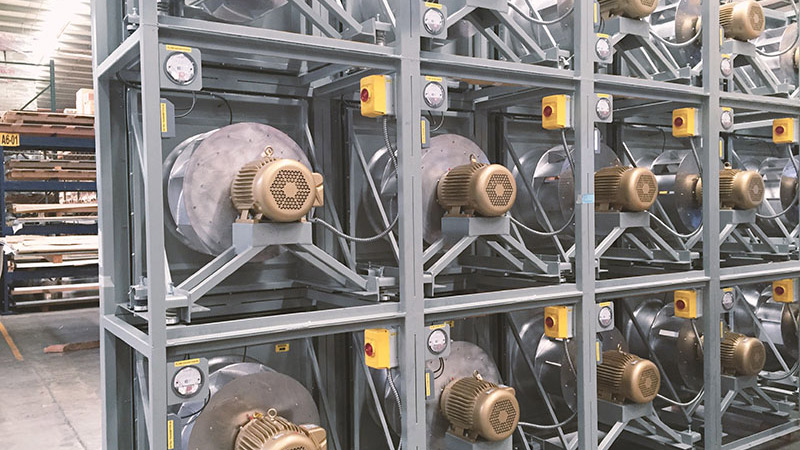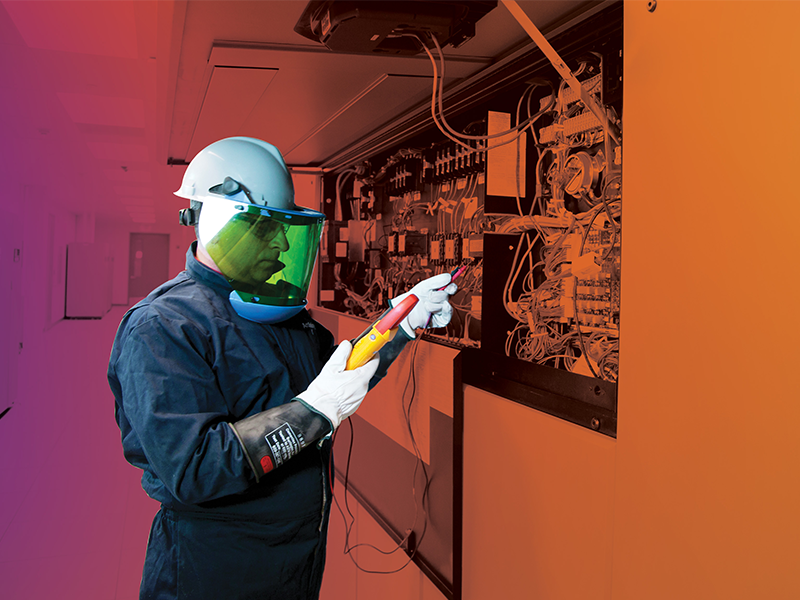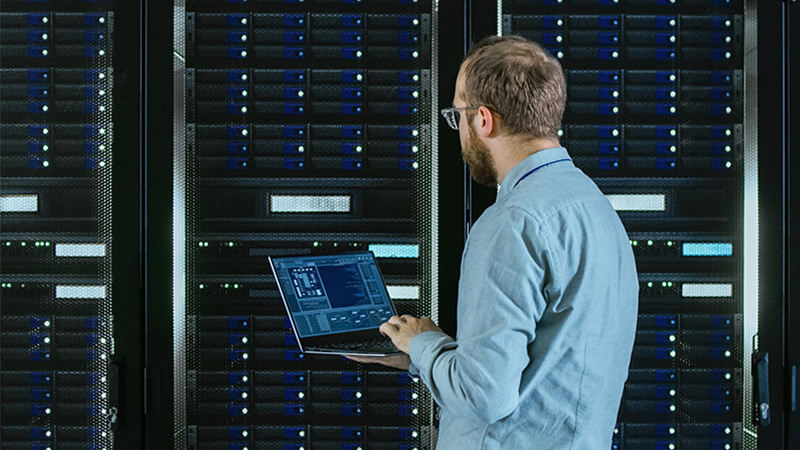The 2022 conversation in the IT industry has revolved around sustainability and data centers. Increased customer pressure for greener approaches is driving data centers to implement "holistic" strategies that contemplate reducing their carbon footprint. In this context, Artificial Intelligence (AI) can contribute a lot to the equation.
A McKinsey report highlights that AI expands the potential for energy savings across the grid, by its "ability to analyze large amounts of data related to traffic patterns, real-time demand, and availability of network resources, enabling fast, automated decisions about which parts of the system can be put into sleep or shutdown mode."
The same report points out that AI-powered energy conservation tools can generate operational savings of 5 to 7% and reduce energy cost by 5% by continuous automatic calibration of chillers, pumps and fans.
However, AI not only brings benefits to the energy management of data centers, but by processing large volumes of data in real time it allows for detection of failures, prediction of blackouts and facilitates technical intervention. This makes it a key element to guarantee the operational continuity of the infrastructure.
A Ponemon Institute 2021 report shows that “core data centers experienced an average of 2.4 total facility shutdowns per year with an average duration of more than two hours (138 minutes). This is in addition to almost 10 downtime events annually isolated to select racks or servers”.
According to the Uptime Institute, 76% of those events can be preventable with the right tools.The capabilities that AI has to monitor the infrastructure, detect possible failures and fix them remotely, help to provide availability of the network.
AI can be a powerful tool to accomplish predictive maintenance based on data analysis, and to detect potential issues in the equipment even before they represent a problem. A service of this type provides a reduction in the recognition and attention of a failure, which implies less unavailability of the data center.
In power infrastructure, predictive services can help to generate an assessment of the equipment and to identify the correlation between isolated events that could generate an outage. In addition, they may monitor the life cycle of the equipment and foresee necessary changes to make so the critical load does not suffer.
Vertiv’s LIFE™ Services remote monitoring relies on AI and machine learning to provide real-time visibility, analysis and diagnostics of critical services, for constant preventive assessment of the network.
The monitoring operates 24/7 and is connected to a remote response center. Upon detecting a fault, the LIFE Services tool automatically sends a packet of information to the team of experts to help diagnose the problem, and if necessary, assign the nearest technician to restore normal operation.
The value of Artificial Intelligence in data centers lies in the prevention of events and in the reduction of response time in failure situations. Likewise, a more efficient and less faulty infrastructure also contributes to the reduction of the carbon footprint. Finding the right tool set and partners can help to provide both.


